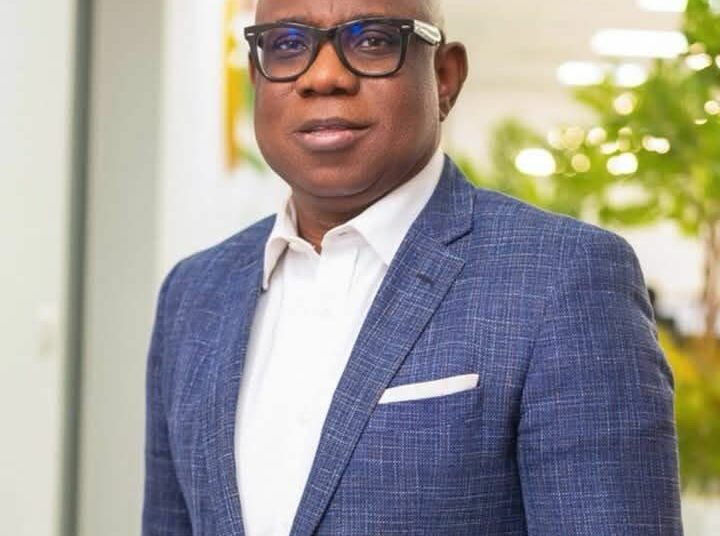The Nigerian National Petroleum Company Limited (NNPCL) has formally signaled its readiness to engage private refining partners as part of plans to revive Nigeria’s long-idle state-owned refineries.
In what could mark a shift toward sustainable operations, NNPCL admitted that years of neglect had rendered the refineries difficult to operate profitably, and that the company would no longer invest in facilities that consistently run at a loss.
Group Chief Executive Officer of NNPCL, Bayo Ojulari, disclosed this when the leadership of the Petroleum and Natural Gas Senior Staff Association of Nigeria (PENGASSAN) paid him a visit in Abuja yesterday.
The NNPC GCEO, Ojulari, recently ruled out selling the Port Harcourt Refining Company, describing such a sale as “ill-advised and sub-commercial.”
This was shortly after he had said that the sale of these refineries was “not out of the question” and that all options, including divestment, were on the table. He, however, emphasized that any decision to sell would depend on the outcome of the ongoing review, as the NNPC was also considering alternative strategies in managing the assets.
But at the meeting with PENGASSAN on Thursday, Ojulari explained that the company had completed both technical and commercial reviews of its refineries and concluded that sustaining them without professional partners was financially unviable.
“We have now completed a commercial review for the Port Harcourt refinery, and from that review, we have come to the conclusion that the best way forward is for us to get a true professional refining company to join us and cooperate,” he added.
“When I resumed, one of my first priorities was to quickly review the refineries. What I found was that we were losing between $300 million and $500 million. At Port Harcourt, for example, we were pumping about 950,000 barrels as cargo, but the balance in and out was less than 40 percent. The mid-grade products we managed to produce were being sold at a significant loss.
“Rather than continue to lose money, we decided to stop and look for a way to put the refineries on a sustainable footing. We cannot keep fixing one part today and watching another part fail tomorrow; that is why partnership with a professional operator is the only realistic path forward.”
The NNPC boss stated that the partnership would create fresh opportunities, particularly for younger engineers and technicians, while also introducing new training in line with modern refining technologies.
He further explained that President Bola Tinubu had not pressured the company to run the refineries at any cost, but instead gave him a mandate to ensure that any rehabilitation plan was commercially and technically sustainable.
“The instruction I received was clear: whatever we are doing must work sustainably; there is no point pretending,” he stated.
Ojulari also highlighted ongoing efforts to de-bottleneck critical infrastructure, including ageing pipelines that had become constraints to production, and described plans to consolidate maintenance contracts across companies to lower costs.
Despite acknowledging that he and his leadership team had come under attack for driving reforms, he stressed that they would remain focused on delivering on their mandate.
The president of PENGASSAN, Comrade Festus Osifo, commended Ojulari and his management team for adopting a pragmatic approach to refinery reform.
He reiterated the union’s long-standing call for the adoption of the Nigeria Liquefied Natural Gas (NLNG) ownership model for government refineries.
“Over the years, we have consistently asked that the NLNG model be brought into our refinery operations. NLNG is one experiment that has worked.
“We believe that if experienced refiners buy into our refineries while NNPCL retains a reduced stake, it will reduce political interference and guarantee sustainable operations,” Osifo said.
The labour leader assured Ojulari of PENGASSAN’s full backing.
“We strongly believe in you and your team. We know that managing institutions like this comes with challenges, but as PENGASSAN, we assure you that we are solidly behind you. We will collaborate with you to ensure stability in the system,” Osifo added.
He also asked NNPCL to work towards increased crude production.
“Today, we are doing about 1.8 million barrels per day. We believe that with the right reforms and investments, Nigeria can achieve 2.5 million barrels per day by next year,” he added.





